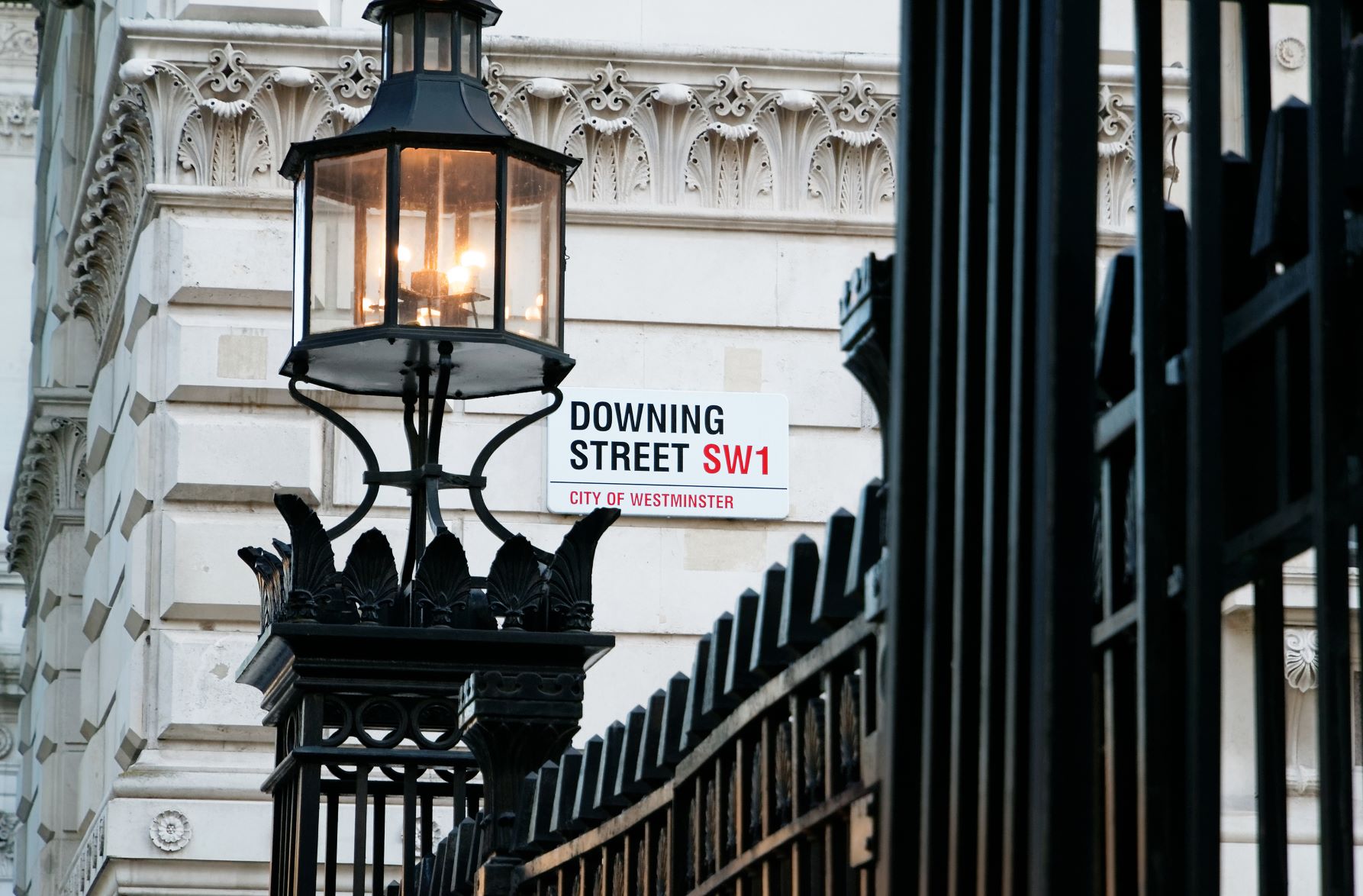
Everything you need to know about this year’s Autumn Statement
This year, the Chancellor laid out his plans to back British business, promising 110 measures that will boost productivity, raise business investment, reduce inflation and increase GDP. Here we unpack the Chancellor’s key announcements from this year’s ‘Autumn Statement for growth’ and what they mean for businesses.
- Tax relief on business investments
The headline grabber for businesses this year was the move to make full expensing permanent, rather than ending in 2026 as planned. This essentially allows businesses to offset investments in new tech (IT, plant, machinery etc) against their taxable profits. This is the equivalent of saving 25p for every £1 spent. The intention here is to incentivise business investment by making it more affordable, allowing businesses to modernise, operate more productively and ultimately contribute to economic growth.
- Clamping down on poor payment practices
This is a long-burning issue that many businesses know all too well, and over the years steps have been taken to tackle the problem. In the Autumn Statement, the Chancellor announced a new condition that from April 2024 any company bidding for large Government contracts must demonstrate that they pay their invoices within an average of 55 days (eventually reducing to 30 days). More is due to come to light on measures to tackle invoice late payment following the release of the Government’s full Prompt Payment & Cash Flow Review.
- Skills
Amongst some of the more modest announcements, the Chancellor pledged £50m over the next two years to fund pilot apprenticeships for engineering and other key sectors. What this looks like, and what it will lead to, are yet to be announced.
- National Living Wage & National Insurance
Aiming to end low pay and respond to the cost of living crisis, the Chancellor announced a 9.8% increase in the National Living Wage to £11.44 per hour. Alongside this, the Chancellor also announced that the main rate of Employee National Insurance will be cut from 12% to 10% from 6th January 2024.
- Business Rates
Small Business Rates Relief has already removed a third of properties from paying business rates, and this year’s Autumn Statement took this a step further by freezing the small business multiplier for a further year and extending the 75% business rates discount for retail, hospitality and leisure businesses for another year.
- Supporting innovation industries
2023 was arguably the year we all woke up to the power and potential of AI, so there are perhaps no surprises that the Government focussed on AI as the heart of tech growth. With ambitions to make the UK an ‘AI powerhouse’, the Chancellor pledged £500m to fund innovation centres to develop our AI capabilities. This was accompanied by £4.5bn over five years to attract investment into strategic manufacturing sectors and £960m for the new Green Industries Growth Accelerator focused on offshore wind, electricity networks, nuclear, CCUS and hydrogen.
- Self employed tax
A big announcement for those that are self employed was the scrapping of Class 2 National Insurance. This was a flat rate compulsory charge of £3.45 per week for anyone earning more than £12,570. This is estimated to save eligible self-employed individuals £192 a year. Class 4 National Insurance for self-employed people will also reduce from 9% to 8% for earnings between £12,570 and £50, 270.
- Simplified R&D tax relief
To support research and development (R&D) businesses, the Government announced a new simplified R&D tax relief, combining the existing expenditure credit and SME schemes. This will bring a reduction in the rate that loss-making businesses are taxed within the scheme, from 25% to 19%. What’s more, the Chancellor lowered the threshold for additional support for R&D intensive loss-making SMEs from 40% to 30% expenditure, benefiting an additional 5,000 SMEs.
So, what does this mean for inflation and an economic recession?
In this year’s Autumn Statement, the Chancellor spoke of difficult decisions that have got us back on track with various signs pointing towards progress. Inflation has halved in the last 12 months, and instead of shrinking, the economy is now 1.8% larger than pre-pandemic, and is expected to grow 0.6% next year and 0.7% the year following according to the Office for Budget Responsibility. This sets our stall out for an optimistic start to 2024.
That said, while the Chancellor’s announcements are designed to unlock business investment and boost productivity, the reality is that many businesses simply don’t have the cash available to invest in growth right now. Alternative finance has an important role to play here. Ensuring that businesses can access the right kinds of financial support underpins the Government’s announcements. A boost to optimism will undoubtedly bring a boost to ambition. We are here to support businesses, and make those ambitions a reality. If you’d like to find out more information about our funding solutions, please contact our team.